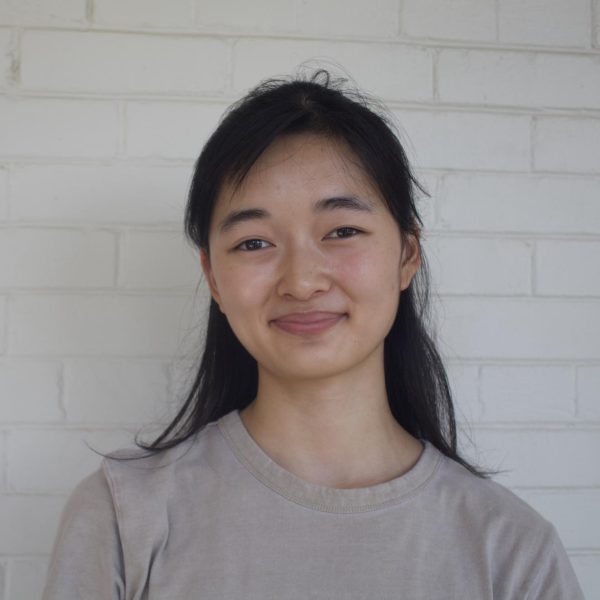Warning: This analysis contains spoilers of Kokoro by Natsume Soseki
As the founder of modern anatomical study Andreus Vesalius discovered during the 16th century, the brain, rather than the heart, controls human emotions. While it’s true that the Medieval anatomical antecedents were incorrect, the heart is described in literature in relation to strong emotions, such as love, hate, and detachment, rather than to the brain. It is with these connotations of the relationship between the heart and human connection (or the lack thereof) that Kokoro, by Natsume Soseki, is written.
Kokoro follows the story of a young university student who meets an intriguing yet reserved man whom he calls “Sensei.” The novel explores the limits to the one-sided relationship, which is result of Sensei’s incapability to form deep human connections due to his self-loathing and regret. Throughout the story, Sensei tries at times to open up to the narrator, the university student, but he ultimately fails at personally telling him why his distrust and lack of emotion runs so deep. As he describes in his last letter to the narrator before his death, the regret which chains him to live as if he were dead is something that he can only uncover in exchange for his life.
In Kokoro, Sensei acts as a cautionary example to the narrator for the path he must not cross. Sensei’s younger self, as described in Sensei’s last letter, is a parallel to the narrator; both are naive, studious, and independent students with one exception: romantic love. While Sensei falls in love with Ojosan, the daughter of a military family with whom he stays with during his university education, the narrator never experiences any romantic relationships or feelings within the timeframe of the novel. Although Sensei’s distrust also stems from his disillusionment with his uncle because he is deceived out of his full inheritance, the turning point which shapes his characteristic existential indifference is a cause of his naivety in love and friendship. During his stay at Okusan’s (the widow of a military soldier) house, he grows out of his distrustful nature and even starts to enjoy his life and admire a girl, Ojosan, who is the daughter of Okusan. However, when “K,” Sensei’s longtime friend, joins the house because of his unsteady relationship with his foster family, Sensei encounters a dilemma regarding the precedence of love or friendship. “K” starts to grow closer with Ojosan, which irritates Sensei, and when “K” finally admits to loving her, Sensei becomes desperate. Instead of leaving “K”’s feelings alone and letting their relationships grow naturally, he asks Okusan for Ojosan’s hand in marriage. Although Sensei gets the woman he admires and loves, he ultimately loses because “K” ends up committing suicide after congratulating them on their marriage. Sensei’s apprehension to apologize or even just talk to “K” about his jealousy and his actions leads to his interminable regret, distrust in humanity, and detachment from relationships. With this story, Sensei warns the narrator of the dangers of the heart, especially in the case of human relationships.
Soseki’s use of the narrator as a “blank slate” character who still lacks direction in life allows the reader to determine Soseki’s purpose in telling Sensei’s story. Rather than using Sensei as a foil character to exemplify their differing experiences in romantic love, Soseki uses Sensei as a mentor to the narrator. This father-son relationship which develops between them is another reason for why the narrator is different from the young Sensei. With a guiding figure, the young Sensei likely wouldn’t have experienced the multitude of hardships which cause him to be lonely. Soseki uses this character relationship to exemplify that the heart needs guidance to be properly taken care of, rather than just careless relationships and romantic feelings. So, does this cautionary tale imply that relationships are useless and can cause unnecessary trauma? Not necessarily; this idea of the heart as something that needs to be nurtured and educated in order to prevent it being hurt, similar to the brain, presents emotion and relationships as irrational yet meaningful accomplishments that shape humanity. Although the heart isn’t perfect, it is a necessary organ which plays a vital role in our existence and purpose on Earth as humans.


